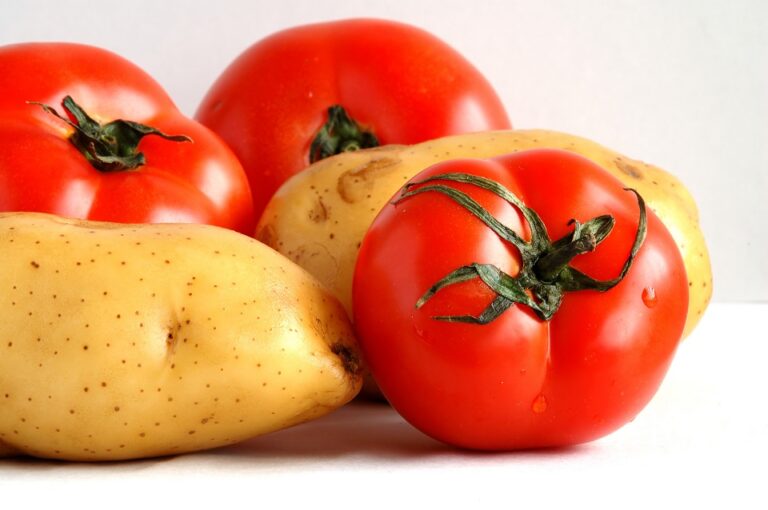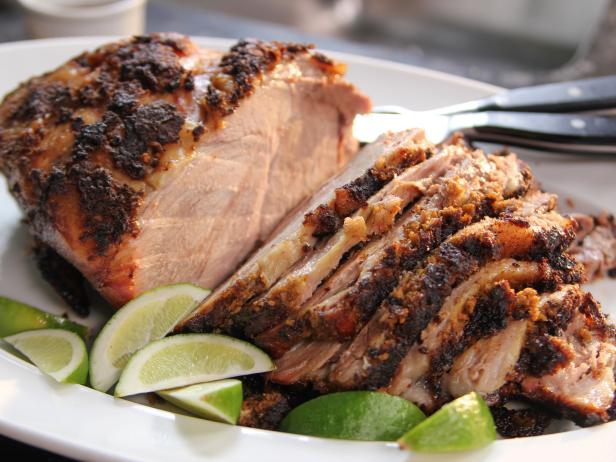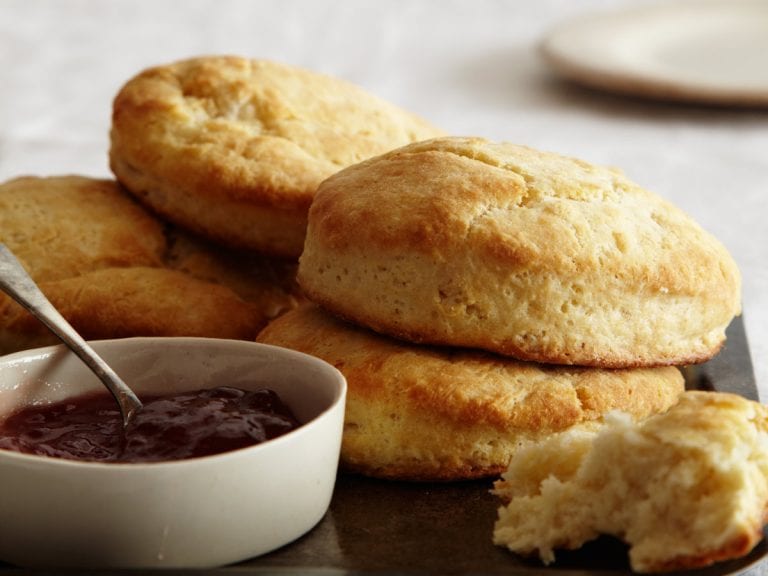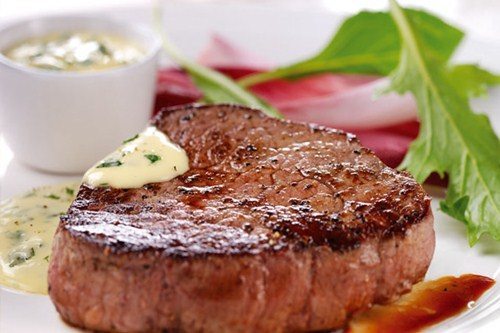
You fear eating your next meal because it’s probably going to cause heartburn; you wake up during the night because laying down causes a burning sensation in your chest; and, you’re fed up with antacids that do nothing but temporarily mask the issue. About 20 percent of people today have acid reflux and it can affect your everyday.
While antacids can help curb the burn in the moment, you know it’s just going to come back the next day — and the costs are adding up with no resolve. The good news is there are many natural, easy and affordable acid reflux remedies that help to address it at the root cause.
Let’s get you on the mend with these 6 natural and healing acid reflux remedies!
Increase acid production with apple cider vinegar
Apple cider vinegar (ACV) is a gentle acid-producing drink that can help increase the production of acid in your stomach if your levels are low.
To drink it, mix 1 tbsp ACV with 4-6oz of water before every meal. For even more support, add 1 tsp – 1 tbsp of lemon juice to this drink. If you experience burning mid-way through a meal or have trouble breaking down food, drink more of this mixture mid-way through a meal to help break down your food.
Add a boost of digestive enzymes
Similar to stomach acid, enzymes are also an important factor in breaking down the food you eat. Whether you’re low in digestive enzymes or need to temporarily compensate for low stomach acid as you rebuild it with apple cider vinegar, taking digestive enzymes can be a good short-term solution to help naturally support digestion. Most people don’t need to take these for the rest of their lives, but it can be good to take while working on increasing acid production.
HCL and pepsin
If the thought of apple cider vinegar makes you want to gag, there is another option. HCL (hydrochloric acid) is the acid naturally present in your stomach to break down macros like proteins. If you’ve been on medications that have lowered acid production over time, however, you may be deficient in it. Taking HCL can directly help to address the lack.
Of note, this isn’t for everyone; especially if you have a stomach infection like helicobacter pylori in which more acid can make it worse. It’s important to first consult with your physician before taking HCL.
An easy way to know if it’s working is when you begin to feel a warm sensation in your stomach. If you don’t feel it, consider increasing your dose a bit until you feel a warming sensation — but don’t increase beyond that. HCL supplementation should be done on a short-term basis. After a little while, your body should be able to produce appropriate levels on its own.
Eat smaller, more frequent meals
The more you eat, the harder it is for your digestive tract to keep up. Especially if you lack enough acid and enzymes to break down food in the first place, large meals can be especially troublesome.
Portion sizes have gotten out of control, which isn’t helping the matter. When eating at home, to eat smaller meals, use smaller plates or only fill your plate with an amount of food that equates to the size of your fist. It may seem like a shockingly small amount of food but it’s the appropriate amount and what your body can handle.
You may even consider breaking out your meals as follows:
- Morning snack
- Mid-morning snack
- Small lunch
- Mid-afternoon snack
- Small dinner
Spreading out your meals this way gives your body a chance to fully digest each food item.
Avoid spicy foods in your diet
You’re probably aware that if you have acid reflux, spicy foods don’t help the matter. Jalapeños, cayenne pepper, hot sauce — these foods may taste great but don’t sit well in your system. While you’re working to rebalance proper acid levels in your digestive tract, try to avoid foods with spicy ingredients so as not to aggravate your system further.
Other spices you may enjoy instead are cumin, black pepper and turmeric. Turmeric in particular is excellent for digestive health as it’s one of the most potent anti-inflammatory ingredients which can also help reduce acid reflux.
Remove inflammatory foods from your diet
A big contributing factor to acid reflux is the food that you choose to put in your body. If it’s food your body recognizes and that provides nourishment, your body won’t have a problem with it; but if it’s highly processed and irritating, it can cause issues such as acid reflux, bloating and gas.
Common inflammatory or irritating foods include wheat gluten, pasteurized dairy and refined sugar. Heavily processed and altered from their original food state, the body almost doesn’t recognize them as food, which can cause stomach upset and oftentimes acid reflux.
Especially if you have trouble digesting these food items, it can put a strain on an already depleted acid or enzyme store. To help your entire system replenish itself, it’s best to just avoid these foods and instead focus on whole, colorful foods like fruits and vegetables.

























